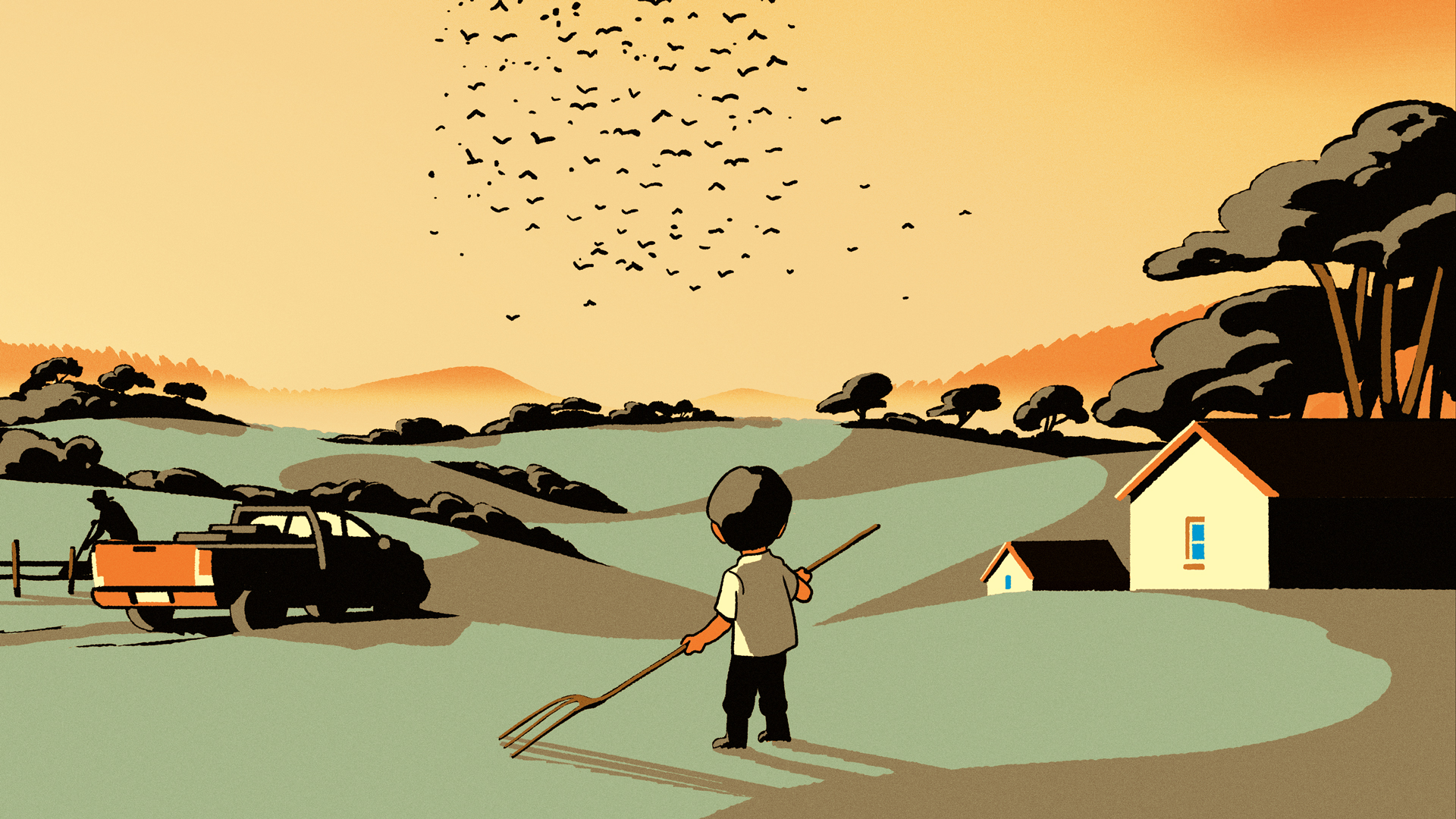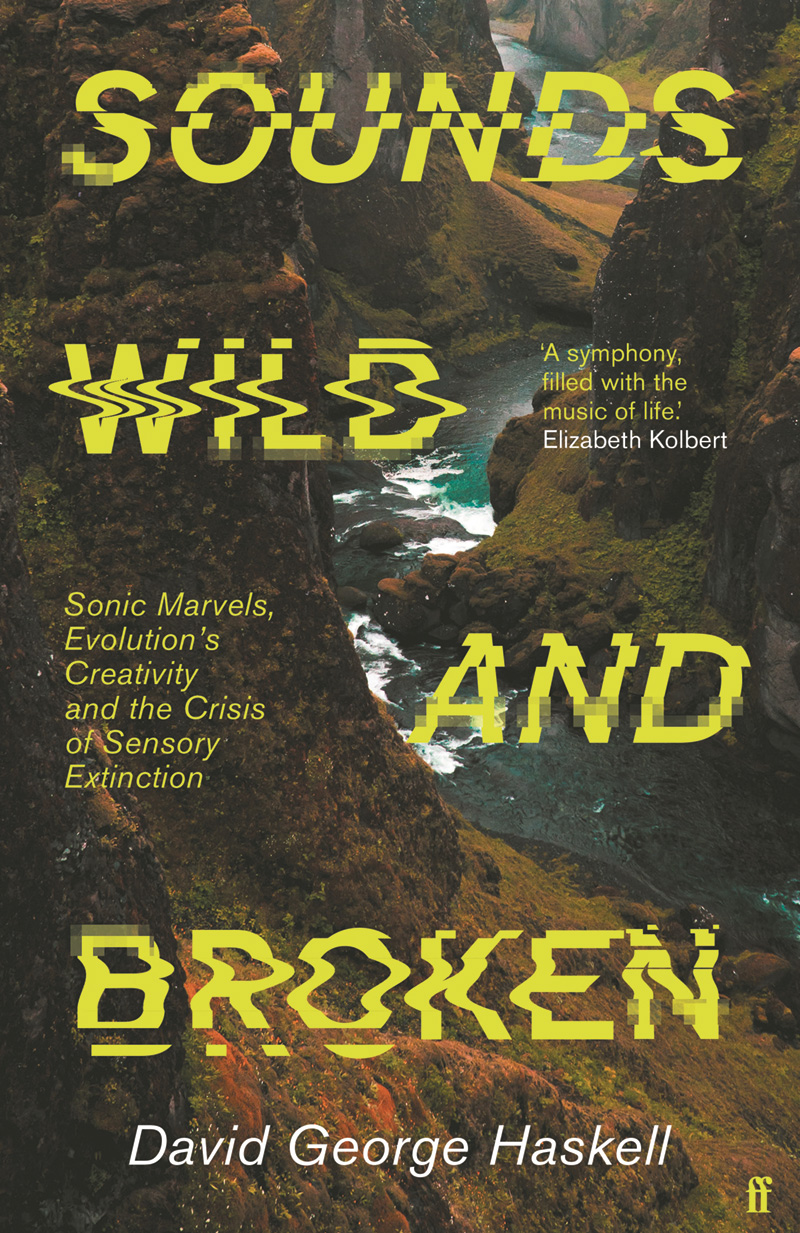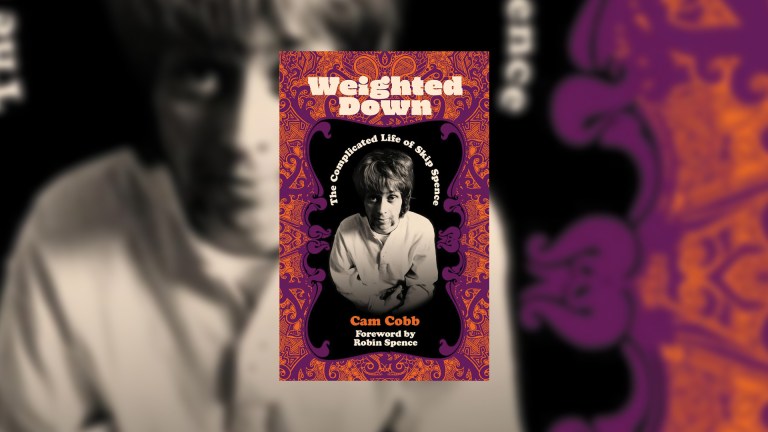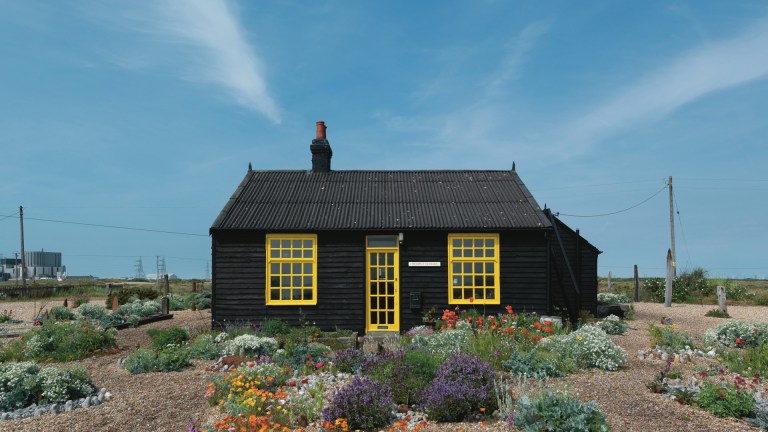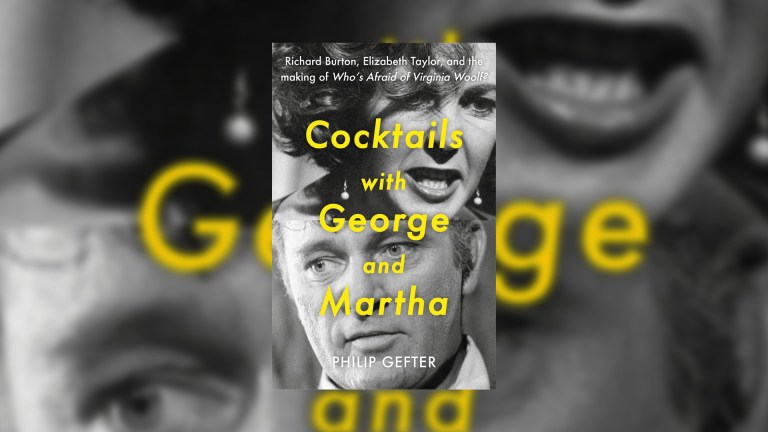“The fields and hedges were full of song. Most of those birds are gone now.”
My grandfather recalled his childhood as we dug potatoes in the veg patch. I was barely tall enough to lever the garden fork, but loved being outdoors with the smell of the soil and the songs of birds. “Listen, over there. That’s the song of the robin. Beautiful. Now watch him go for these worms that we’ve turned up.” In my grandfather’s words I learned that we live in an age of loss. Fewer species. Less bird music in the air. Yet life’s vitality remains, even in a small garden patch.
The story from my grandfather about the decline of birdsong inoculated me against what scientists call the “shifting baseline”, the generation-by-generation adjustment to loss.
If no-one tells us that we live in a world whose songs are impoverished we come to think of silent fields as “normal”. Stories from family, teachers or the media help to resist this change and motivate us to love and protect the world’s beauty more fiercely. His story was also about the importance of paying attention. He would have had nothing to tell me about changes in the living world if he had spent his childhood with his ears closed.
Listen! What can we learn by attending to the many sounds of our world? This is the invitation and question that guides my book. I find sounds fascinating because they travel through and around obstructions. They reveal things that the eye cannot see: the robin in the hedge or the motorway over the hill. Sound connects us like telepathy, carrying information almost instantaneously across space.
These connections have a deep history. The first singing insects evolved 270 million years ago. Fish have probably been singing in the oceans for just as long. These primordial soundscapes then got richer over time as new voices evolved: frogs and early reptiles, followed by mammals and birds on land. In the seas, more fish and crustaceans, and then whales and other marine mammals, joined the chorus.
